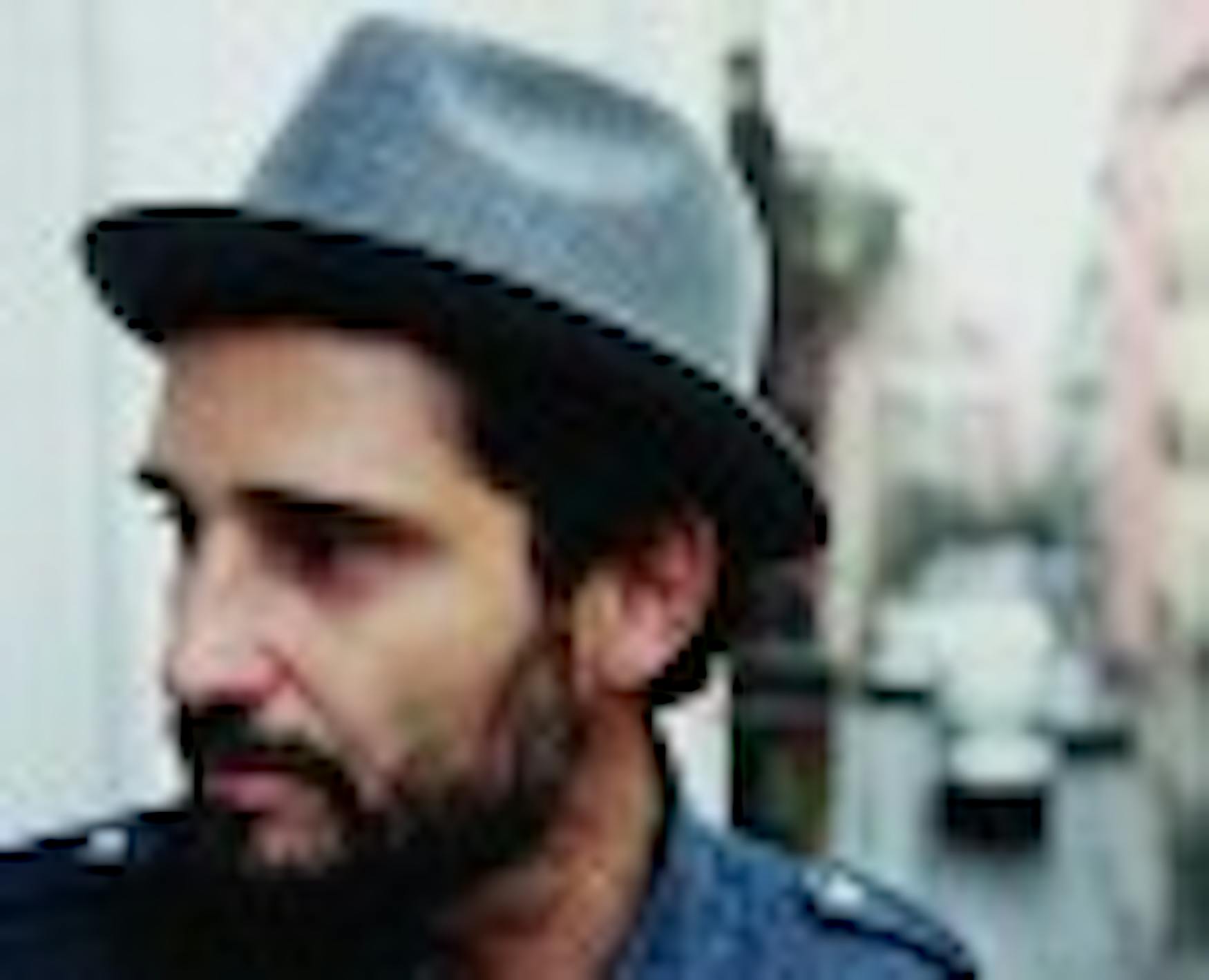Jorge Drexler serenades sold-out Boston crowd
Uruguayan singer-songwriter Jorge Drexler has a youthful and energetic presence onstage that makes it hard to believe he is 46 years old. He looks to be in his mid-30s, at most, and he has the crooning voice of a romantic twentysomething. Last Thursday at the Berklee Performance Center, he sung each syllable of his songs with such boyish gentleness that I found myself falling in love with his lyrics though I don't understand Spanish. The concert, titled "Jorge Drexler Meets Berklee," and part of the 2011 Signature Series at Berklee, was Drexler's first performance in his current tour of the United States. The singer-and also pianist, guitarist, composer and bandleader-seemed ecstatic to be in Boston despite the cold weather. For nearly 2 hours, he made it possible to forget the blizzard outside, transporting the audience to picturesque locations like the one depicted in "Al Otro Lado del Río (On the Other Side of the River)." That song, which he composed for The Motorcycle Diaries, earned him an Academy Award for best original song in 2004 and launched the then-unknown artist into fame. Drexler-or, as his fans call him, Jorge-became the first Uruguayan ever to win an Academy Award. He used the song to close the show, marking the end of an impressively well-attended, well-received performance.
But I'd like to start from the beginning, with Berklee junior Emily Elbert's striking opening act. Elbert, joined by percussionist Nori Terada, sang with rich vocals backed by rhythmic guitar hooks. Her voice was deep and jazzy, and her words were accented by a lush southern twang. Terada's beats were inventive as well, giving the duo the full-featured sound of a four-man indie band. It was an interesting choice for them to open for Drexler, since stylistically Elbert's Texas-grown music was very different from Drexler's. I would have preferred to hear Berklee's best performer in its Performance Studies in Latin Music program, a relatively new minor offered by Berklee that concert producer Oscar Stagnaro raved about before the main show.
I was excited when Drexler took the stage because he was backed by a 24-man band featuring full string, horn, percussion and vocal sections, not to mention musicians on the guitar and piano. Drexler's first song, "Tres Mil Milliones de Latidos (Three Billion Heartbeats)," showcased each section of his orchestra without taking the spotlight away from him. The horn section played accented phrases that filled the recital hall with a solid brass sound while maintaining the piece's overall tenderness. The song, as Drexler explained, spoke of the 3 billion heartbeats-the average amount of heartbeats in a human's lifetime-and the journeys that occur before the last heartbeat. It was a beautiful composition with a soft melody and lullaby-like lyrics.
For me, "Tres Mil Milliones de Latidos" was the best and most memorable offering of the night, but Drexler's performance was charming and engaging throughout. My other favorites were "Guitarra y Vos (Guitar and Voice)" and "Soledad (Solitude)," a duet by Drexler and Berklee senior Silvina Moreno, joined by Berklee professor and Grammy-winning cellist Eugene Friesen. During the chorus of "Guitarra y Vos," the audience sang out with him with surprising musicality. My experience with audience participation in concerts is usually with crowds yelling the lyrics they know, never in tune, but Drexler's fans were masters of his song. Many people (not I) sang the chorus, but all softly and with feeling, allowing Drexler to harmonize above them. I've never seen this done effectively in a concert before, so the experience was illuminating.
As a piece of music, I could find no fault in Drexler's "Soledad," which he composed for his 2007 album, 12 Segundos De Oscuridad. The song had one main guitar riff and one main melody, both composed within a simple song structure. It was deeply sad and Drexler's performance was delicate and touching. Even without understanding the Spanish, I felt the pain behind the lyrics. It was unfortunate that Moreno could not match Drexler and Friesen's artistry, but seeing her glow with the opportunity to sing beside Drexler was inspiring.
As a glance at my current iTunes will tell you, I have been unable to resist Drexler's albums since seeing his live performance. Last year's Amar la Trama is a wonderful listen, as well as his 2008 Cara B, for which he received a Grammy nomination. The concert opened my musical taste to a world of Latin American singer-songwriters, but I don't plan on branching out until I've heard all of Drexler's albums first. Listen to "Soledad" or "Al Otro Lado del Río," and you'll know that he deserves the praise.



Please note All comments are eligible for publication in The Justice.